- Your cart is empty
- Continue Shopping

Product
Description:
Pangraf encapsulates Tacrolimus, an immunosuppressive medication widely utilized in organ transplantation to prevent rejection. Tacrolimus is a calcineurin inhibitor that exerts its effects by suppressing the activity of T-lymphocytes, key mediators of the immune response. Pangraf plays a critical role in ensuring the success of organ transplantation by modulating the immune system to tolerate the transplanted organ effectively.
Indication:
Pangraf (Tacrolimus 1.0 mg Capsules 60’s) is indicated for the prophylaxis of organ rejection in patients receiving allogeneic kidney, liver, or heart transplants. It is typically prescribed as part of a multidrug immunosuppressive regimen, including corticosteroids and other immunosuppressants, to prevent acute rejection and maintain long-term graft survival.
Mechanism of Action:
Tacrolimus, the active component of Pangraf, functions by inhibiting calcineurin, a phosphatase enzyme essential for T-cell activation and proliferation. By blocking calcineurin activity, Tacrolimus prevents the production of pro-inflammatory cytokines such as interleukin-2 (IL-2), interferon-gamma (IFN-gamma), and tumor necrosis factor-alpha (TNF-alpha), which are critical for T-cell activation and effector function. This inhibition of T-cell activation effectively suppresses the immune response directed against the transplanted organ, reducing the risk of rejection.
Administration:
Pangraf is available in capsule form for oral administration. The capsules should be swallowed whole with water and can be taken with or without food, depending on individual preference and tolerability. It is essential for patients to adhere to the prescribed dosing regimen and maintain consistent use of the medication to achieve optimal immunosuppression and prevent rejection of the transplanted organ.
Dosage:
The recommended dosage of Pangraf (Tacrolimus 1.0 mg Capsules 60’s) varies depending on factors such as the type of organ transplanted, the patient’s body weight, renal function, and concomitant use of other immunosuppressive medications. Typically, the initial dosage for adult kidney transplant recipients is 0.10 to 0.20 mg/kg/day, divided into two doses administered every 12 hours. For liver or heart transplant recipients, the initial dosage may differ, and adjustments may be necessary based on individual patient factors and response to therapy.
Efficacy:
Pangraf has demonstrated significant efficacy in preventing organ rejection and maintaining long-term graft survival in transplant recipients. Clinical studies have shown that Tacrolimus-based immunosuppressive regimens achieve high rates of graft survival and low incidence of acute rejection episodes compared to alternative immunosuppressive agents. Additionally, Tacrolimus has a rapid onset of action and provides potent immunosuppression with relatively low doses, minimizing the risk of adverse effects.
Side Effects:
While generally well-tolerated, Pangraf (Tacrolimus 1.0 mg Capsules 60’s) may be associated with certain side effects. Common side effects include hypertension, nephrotoxicity, hyperglycemia, gastrointestinal disturbances, neurotoxicity, and electrolyte abnormalities. Long-term use of Tacrolimus may also increase the risk of opportunistic infections, malignancies, and metabolic complications. Most side effects are dose-dependent and can be managed with appropriate monitoring and dose adjustments.
Precautions:
Before initiating treatment with Pangraf, healthcare providers should conduct a thorough assessment of the patient’s medical history, including any pre-existing conditions or concomitant medications. Tacrolimus may interact with other drugs, particularly those metabolized by the cytochrome P450 enzyme system, necessitating dose adjustments or close monitoring for potential drug interactions.
Patients receiving Pangraf should undergo regular monitoring of Tacrolimus blood levels, renal function, electrolytes, blood pressure, and signs of organ rejection to assess treatment response and detect any potential adverse effects. Additionally, patients should be educated about the importance of adherence to treatment and the potential risks and benefits of therapy.
In conclusion, Pangraf (Tacrolimus 1.0 mg Capsules 60’s) plays a crucial role in the management of organ transplantation, offering potent immunosuppressive activity to prevent rejection and maintain long-term graft survival. By inhibiting T-cell activation and cytokine production, Tacrolimus effectively suppresses the immune response directed against the transplanted organ, reducing the risk of rejection and improving patient outcomes. However, as with any immunosuppressive medication, patients should be monitored closely for potential side effects and drug interactions, and treatment should be individualized based on patient-specific factors and needs.
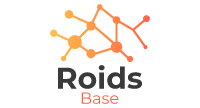
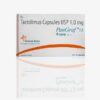

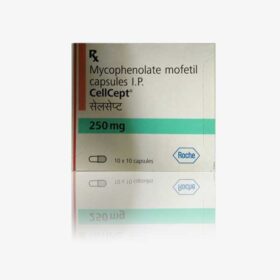
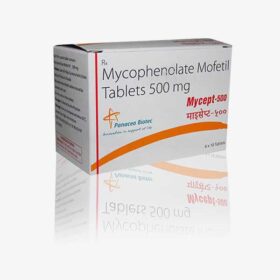
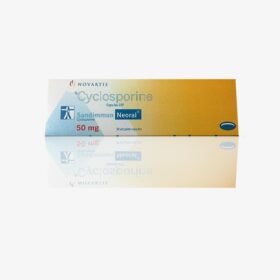
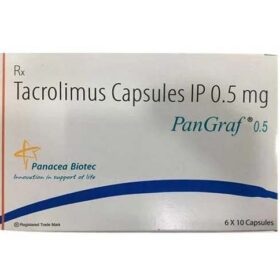
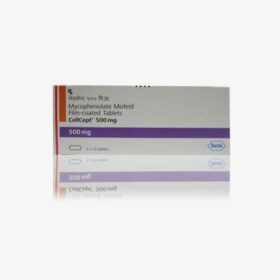
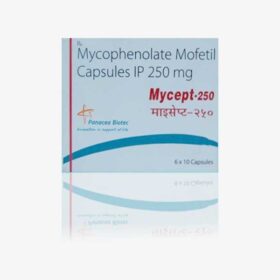
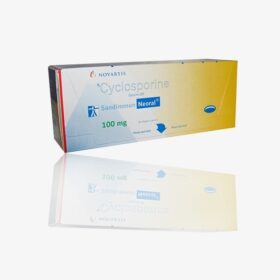



Reviews
There are no reviews yet.